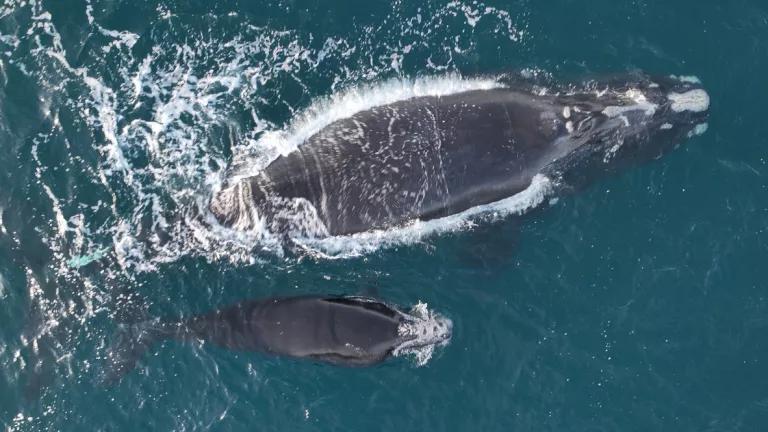Over at The Volokh Conspiracy, Professor Jonathan Adler has a post up on the Endangered Species Act, arguing there is something "fundamentally wrong" with the law because its prohibition against hurting or killing protected animals on private land creates incentives for land owners to either kill those animals in secret ("shoot, shovel, and shut up" as anti-wildlife advocates so charmingly put it) or to manage their land to discourage endangered species from taking up residence in the first place. He ends his post by claiming that the Endangered Species Act has been "particularly ineffective" at conserving species on private land and, as evidence, notes that "only a handful of species have been 'recovered' since the ESA was enacted in 1973."
If any of these arguments sound familiar, you're not imagining things. The claim that the Endangered Species Act is a failure because "only a handful" of the animals and plants it protects have recovered to the point that they no longer require the Act's protections is a very old and very tired argument—one that has been trotted out over the last several years by those whose real agenda is weakening the Endangered Species Act (see, here, here, or here, for example). It's also just wrong. In reality, the Endangered Species Act has a very good track record of helping the species it protects, as I noted in an earlier Switchboard post. Indeed, one of the species that Professor Adler discusses in his post—the Red-cockaded woodpecker—has shown significant improvement over the last 10 years (as you can see from this helpful chart produced by the Center for Biological Diversity). In short, the Endangered Species Act is hardly a law that is "endangering endangered species," as Professor Adler breathlessly puts it.
On a more fundamental level, the truth is that once you decide to ban any given activity (in this case, killing imperiled animals) it's almost always true that given sufficient information and enough money, you can theoretically pay people instead of punishing them. If I could identify every petty thief in Ohio, I'm quite sure I could stop them from stealing by cutting them a large enough check. But, for a whole variety of reasons (some moral, some practical), we often decide to prohibit activities that harm society rather than pay people not to do them. The same is true here.
Having said all that, I agree with Professor Adler that landowners should be given incentives to conserve endangered species on private land. But the better solution is not to compensate landowners for every restriction on land use they are subject to. Rather, the answer is to create mechanisms to reward good behavior. That's why NRDC, and most other conservation groups, support the bipartisan Endangered Species Recovery Act, which would give tax deductions and tax credits to landowners who protect and restore endangered species habitat on their property. I hope Professor Adler will support it too.




